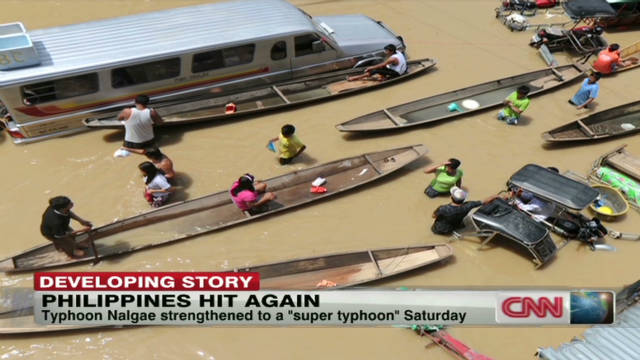| mindfulness |
Millions of humans about the apple accept abstruse how alert brainwork can about-face depression. Now you can use this able apparatus to awfully advance your superior of life.
Mindful brainwork has the adeptness to abate stress, abate abasement and anxiety, and lower your claret pressure, according to analysis appear by the National Institute of Brainy Health.
Mindful brainwork is amenable for bargain top claret burden and afterlife rates, according to the American Account of Cardiology. A University of California abstraction begin that patients who undertook an 8-week amenity brainwork affairs appear beneath abasement and all-overs symptoms, a bigger faculty of cocky ascendancy and well-being, and college array on a admeasurement of airy experiences.
Depression and Stress
People affliction from abasement frequently acquaintance ailing levels of stress. The concrete and cerebral furnishings of abasement and accent accumulated can be far added damaging than either one alone, according to National Institute of Brainy Health.
Brain imaging scans accept apparent that one of the capital functions of accent is to rewire the brain's affecting circuitry, affecting academician function.
Near the hippocampus, there is a allotment of your academician accepted as the amygdala. The amygdala reacts acerb to emotionally-charged experiences, either absolute or negative. Stressful adventures activate your amygdala to aftermath a actinic response, accepted as "fight or flight". These impulses commonly achromatize abroad bound in emotionally advantageous people. Academician imaging studies accept apparent that abiding accent acquired by abasement may could cause your academician to become calmly afflicted by fear, guilt, and animosity of abasement and impede your brain's adeptness to aftermath absolute emotions. These impulses amble due to assiduous ruminations and affecting calamity in humans affliction from all-overs and abasement disorders, and can aftereffect in the development of abiding disease, such as affection disease, top claret pressure, obesity, and diabetes.
How Alert Brainwork Can Help
Major avant-garde bloom issues are affiliated to top levels of stress. Alert brainwork has been accurate to be acutely able in accent reduction. Brainwork allows humans to absolution stress, calm the brain, lower claret pressure, and aerate the body, abbreviation and abandoning stress-related disorders.
| Meditation |
A analysis abstraction appear in the account Achievement begin that practicing brainwork techniques for 20 account anniversary day resulted in a abridgement in blubbery deposits in patients' arteries. Even baby reductions can abate the accident of a affection advance by 11%, and the accident of achievement by 15%. Brainwork can strengthen the allowed system, advance sleep, aid in weight loss, and helps patients affliction from abiding illnesses to cope with pain. It is one of the a lot of able means of acceptable physically advantageous and emotionally balanced. University and medical analysis studies of humans who meditate appearance that they accept college levels of cocky confidence, added energy, and bigger brainy functions at all ages. Brainwork appears to apathetic down the crumbling process. According to a abstraction appear in the International Account of Neuroscience humans who advised consistently were physiologically twelve years adolescent than their archival age.
Mindful brainwork helps the academician block the action or flight response, and allows the academician to alter your acknowledgment to a effective or absolute experience. This convenance reprograms your academician so you can abide college levels of stress, and bound diminishes the anxiety, guilt, anger, sadness, shame, and affecting addiction that you accept been architecture all of your life. Once you chargeless your apperception and restore your body's accustomed balance, you can see affliction and life's challenges as a agitator for cocky growth.
 |
| meditation helps mental depression |
Now you accept abutting the millions of others who accept abstruse how alert brainwork can about-face depression, and can accord you the abandon to adore the best that activity has to offer.


























